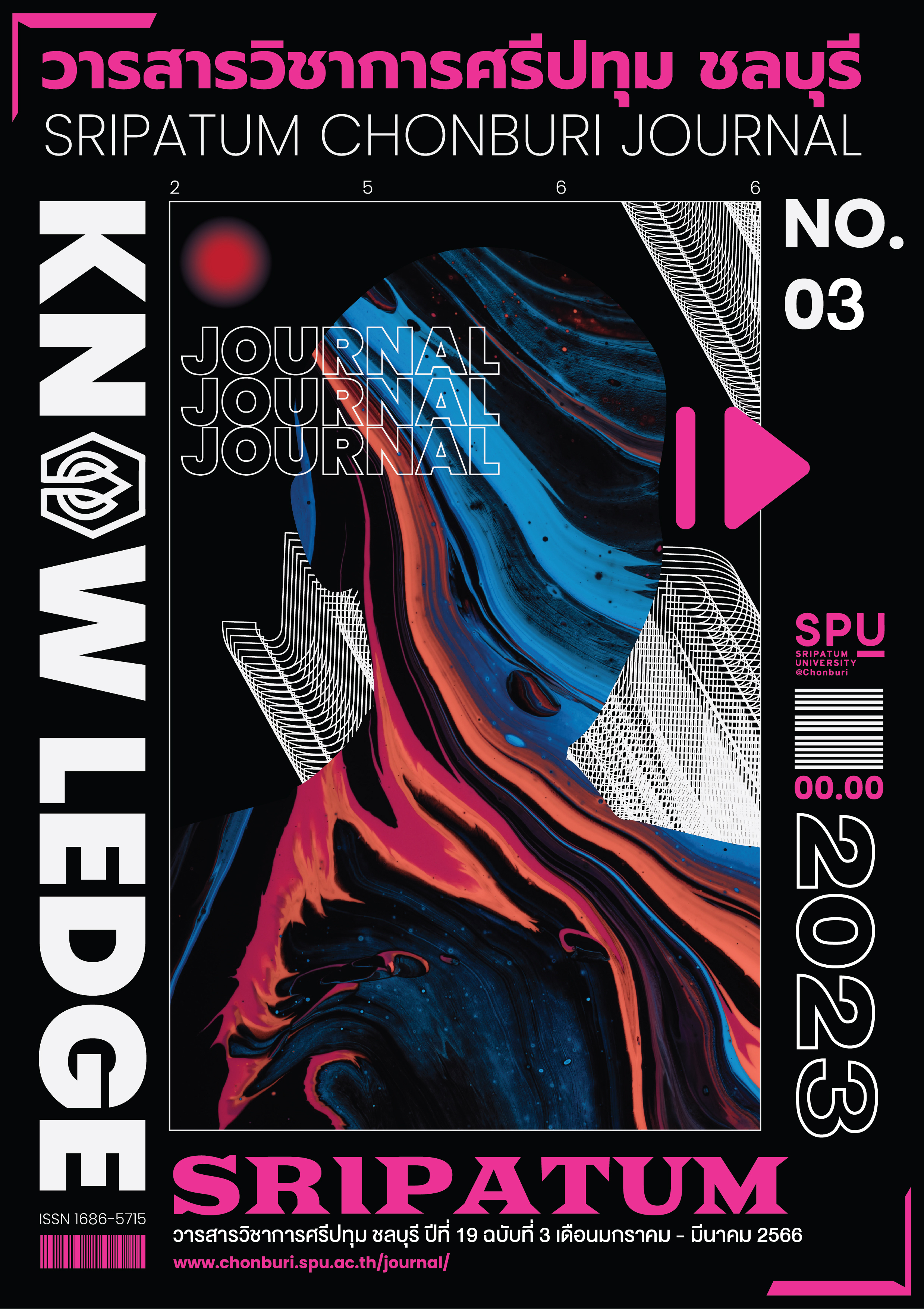MODEL LAW CONCERNING THE UTILIZATION OF THE NATIONAL INQUIRY AND PUBLIC HEARING FOR A PUBLIC JEOPARDY
Keywords:
Public Inquiry, National Inquiry, Risk to General PeopleAbstract
This research aimed to make a model law concerning the utilization of the national inquiry and public hearing for a public jeopardy to be judicial process in gross violation and characteristic cases. This qualitative research synthesized legal document data and used the synthesis results to check the quality of tools and research by listening to opinions (Hearing). The samples consisted of one judge from the Constitutional Court, one judge from the Court of Justice, one judge from the Administrative Court, one deputy attorney general, five lawyers, one officer from the Department of Special Investigation and one officer from the National Anti-Corruption Commission, and 9 persons including general people and those from private organizations or organizations, namely World Vision Foundation, Mirror Foundation, and the Human Rights Lawyers Association. The findings of this research were as follows: Regarding the guarantee of right and freedom of a defendant in judicial process and having the society learn the behavior of committing offence of a defendant, there shall be a public inquiry law or national inquiry, having the law structure consisting of Part 1: Definition of Public Inquiry Law, Study of the Fact in Inquiry, Record of Report, Provisions of Scope of Inquiry, Inquiry Committee, Inquiry Committee Members, Inquiry Working Unit, Members, Participant, Ruling and Persons Helping the Inquiry; Part 2: Authority and Duty of Inquiry Committee and Types of Charge; Part 3: Components and Qualifications of the Inquiry Committee Authority, Duty, Appointment and Roles of Inquiry Committee; and Part 4: Using of Authority, Process of Inquiry and Inquiry Regulation. It was recommended that the public inquiry law or the national inquiry be legislated in accordance with the findings in this research to be the model law on public inquiry or national inquiry.
References
ปกรณ์ นิลประพันธ์. (2548). การรับฟังความคิดเห็นของประชาชนในการตรากฎหมายและการ ดำเนินการตามกฎหมายในระดับของเครือ
รัฐออสเตรเลีย. วารสารกฎหมายปกครอง, 22(1), หน้า 52-73.
ศิริพร เอี่ยมธงชัย. (2548). การรับฟังความคิดเห็นของประชาชนตามกฎหมายของสหรัฐอเมริกา. วารสารกฎหมายปกครอง, 21(3),
หน้า 20-52.
สุมาลี ขำหิรัญ. (2561). การไต่สวนสาธารณะ: กลไกใหม่ที่ยกระดับการต่อต้านการทุจริตสู่สากล. กรุงเทพฯ: สำนักองค์การรัฐสภา
ระหว่างประเทศ สำนักงานเลขาธิการสภาผู้แทนราษฎร.
Northern Territory Legislation. (2018). Inquiries Act (Online). Available:
https://legislation.nt.gov.au/en/Legislation/Inquiries-Act [2018, October 3].
United Nation: UN. (2004). United Nations Convention against Corruption. New York, NY: United Nation.
Website Justice Laws. (2018). Inquiries Act R.S.C., 1985, c. I-11 (Online). Available: http://laws-
lois.justice.gc.ca/eng/acts/I-11/page-1.html [2018, October 3].
Downloads
Published
Issue
Section
License
Copyright (c) 2023 วารสารวิชาการศรีปทุม ชลบุรี Sripatum Chonburi Journal

This work is licensed under a Creative Commons Attribution-NonCommercial-NoDerivatives 4.0 International License.
บทความทุกบทความเป็นลิขสิทธิ์ของวารสารวิชาการศรีปทุม ชลบุรี



